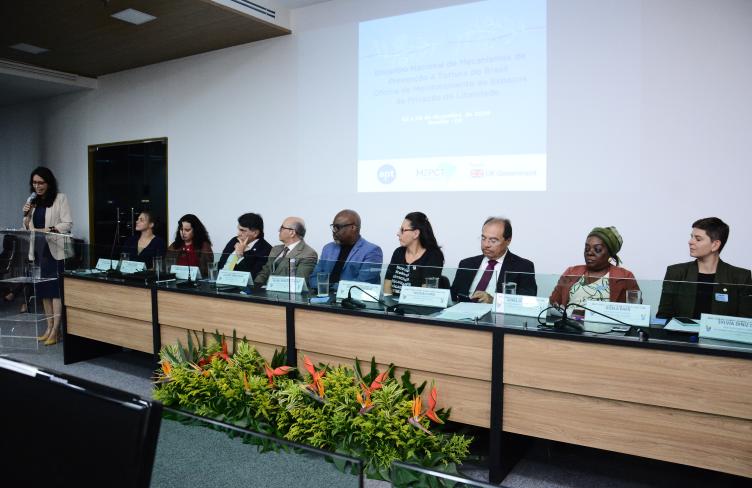
Tunisia became the first country in the Middle East and North Africa region to establish its National Preventive Mechanism. On Wednesday 30 March, the House of People’s Representatives in Tunisia announced the names of the 16 members of the “Instance Nationale pour la Prévention de la Torture”.
Tunisia ratified the Optional Protocol to the Convention against Torture (OPCAT) in June 2011, in the wake of the Jasmine Revolution. With the ratification, Tunisia expressed a strong will to move towards democracy and respect for human dignity, starting by preventing torture - an epidemic long suffered under the old regime.
The law to establish the National Authority for Prevention of Torture was issued in October 2013. It specifies the different professional categories to be represented within the NPM and was the result of long consultations between the government and civil society organisations, drawing on international best practices.
By November 2015, the Parliamentary Electoral Commission had received 143 candidacies for the new torture prevention body, among which 48 candidates were shortlisted for a final vote by the parliament plenary. After a two-day vote, 29-30 March 2016, the House of People’s representatives elected the members of the first National Preventive Mechanism in the region. The NPM has an equal representation of women and men among its members.
The APT has engaged with Tunisian partners since 2012 to support the implementation of the OPCAT and the establishment of the NPM. We congratulate the Tunisian government, parliament, civil society and people for leading the region in respecting and protecting the dignity of people deprived of liberty. The APT is committed to continue working with Tunisian partners and further support the newly elected NPM.


